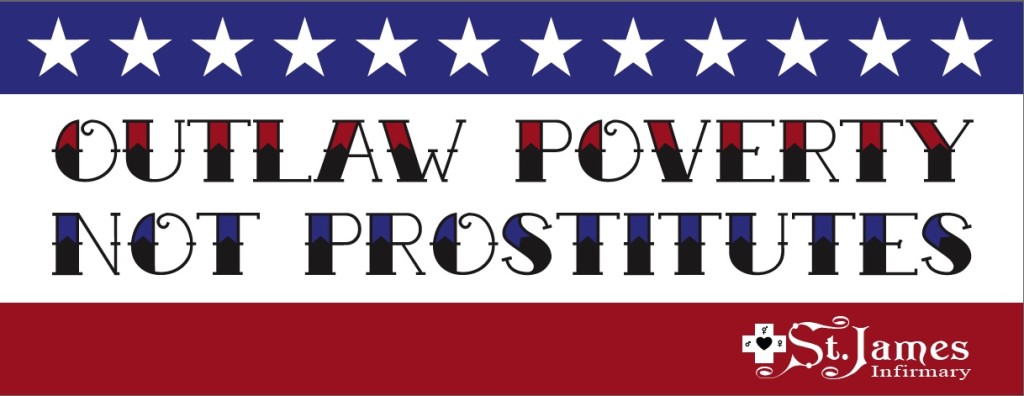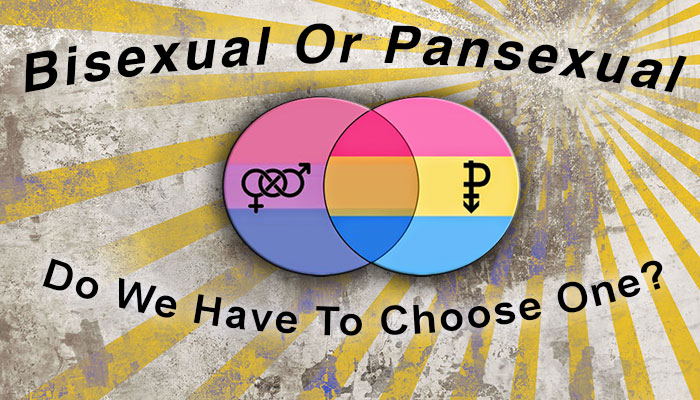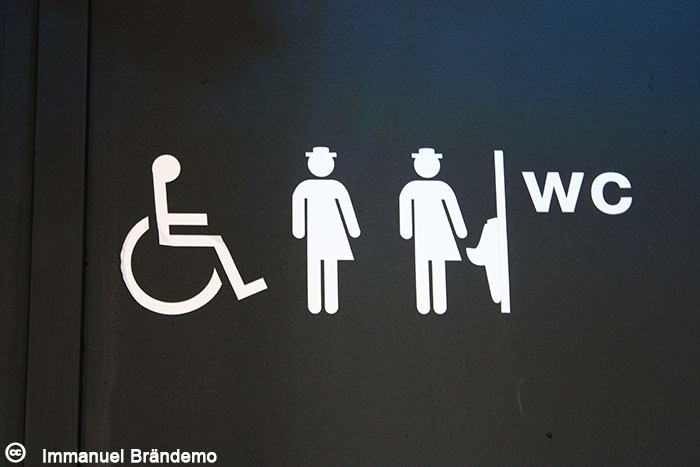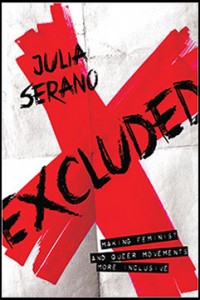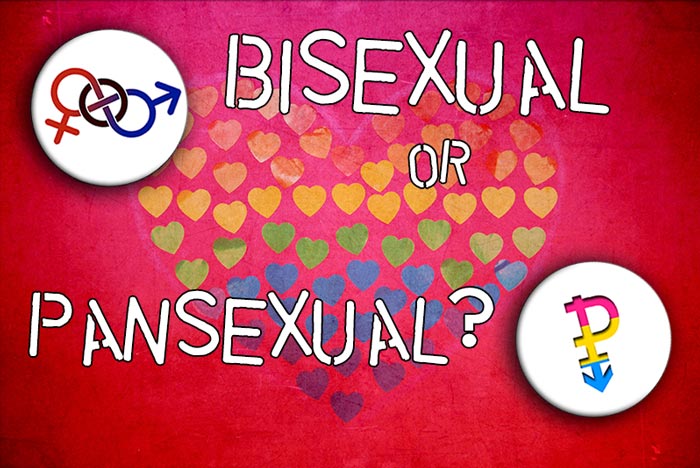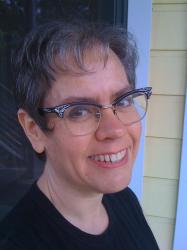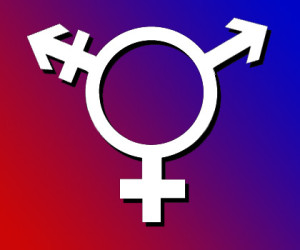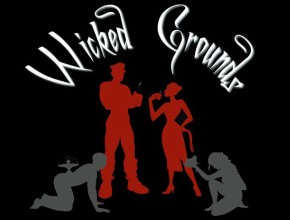We may be Godless, but that doesn’t mean that we don’t know how to party. For the last two years, we’ve helped the non-believer community celebrate the winter holidays in a secular fashion by holding the Godless Perverts Holiday Fun Time, a social event complete with icebreaker games, weird songs, and decadent desserts. We’re having it at Borderlands Café this year, a magnificent community space, and we’ve got a lot of great uses planned out for it.
We’ll have our usual silly icebreaker games, goofy but fun holiday songs (Walt Kelly’s “Deck Us All With Boston Charlie” is a perennial favorite), delicious potluck holiday treats (bring your favorite to share – we will!), and the pleasure of connecting with our fellow secularists. And this year, Greta’s going to be giving openly fraudulent Tarot card readings! She’s almost completely guaranteed not to tell your future (except by accident), but it’s just as sure to be a great deal of fun. It’ll be on Saturday, December 12, 8-11 pm, at Borderlands Café, 870 Valencia St. in San Francisco, near the 24th St. & Mission BART station.
This year, as you may know, we’re doing it a little bit differently. The Godless Perverts Holiday Fun Time is not only going to be fun, but it’s going to be a fundraiser for an organization that we’ve admired for a long time: The St. James Infirmary.
To do that, we’re trying to raise $700 to pay for space rental, refreshments, and assorted expenses of this year’s party. We’re almost just over halfway there, thanks to the generosity of some of you. As we get closer to our goal, we thought that it would be a good time to talk about the organization that we’re supporting this year, and why we think that they’re so awesome.
